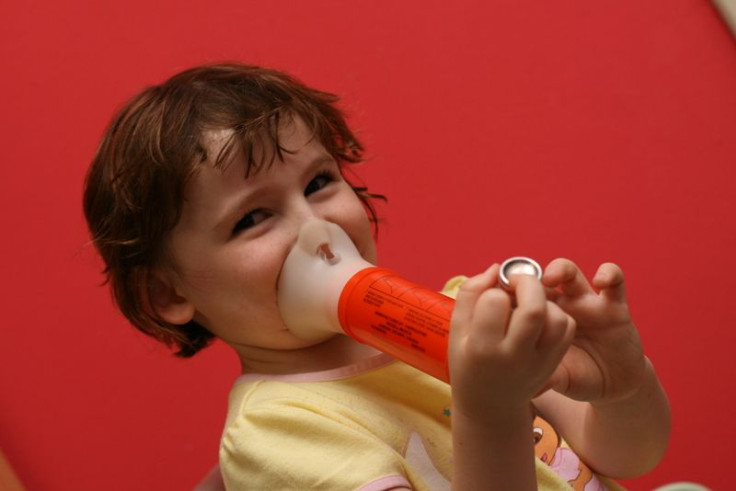Children Born After Fertility Treatment Have Higher Risk of Asthma, Wheezing

Children born after fertility treatments are more likely to have asthma than children who were conceived naturally, says a new study.
Researchers found that the likelihood of a child developing wheezing and asthma increases if he or she is born after fertility treatments like in vitro fertilization (IVF) or intracytoplasmic sperm injection; these children are up to 4 times more likely to have asthma or wheezing than children who were conceived naturally.
Researchers say that couples seeking ART need not worry about the current findings as the number of children actually developing breathing problems is low.
"Although the children born after ART were more likely to be diagnosed and treated for asthma than other children, it is important to remember that in absolute terms the difference is quite small. Fifteen percent of the children in our study had asthma at the age of five. Although this figure was higher, 24%, in the IVF children, it isn't much higher than the one in five risk for all children in the UK," said Dr Claire Carson, a researcher at the National Perinatal Epidemiology Unit at the University of Oxford (UK) in a news release.
The data for the study came from The UK Millennium Cohort Study following 18,818 children from across the UK born between 2000 and 2002. Researchers also accounted for other factors like mothers' history of asthma, smoking, BMI, socioeconomic status, furry pets in household, gestational age at delivery, type of delivery, breast feeding etc.
Researchers found that children born to sub-fertile parents - those who either had to wait longer than a year before managing to conceive or who conceived via some form of assisted reproduction technology (ART) were 39% more likely to experience asthma and 27% more likely to wheeze than children who were planned and conceived naturally.
Why these children have higher rates of asthma isn't clear. Researchers say that the severity of the treatment, over-reporting of asthmatic symptoms or some unknown factor may be behind the increased chances of asthma and wheezing in these children.
The study is published in the journal Human Reproduction.
A recent study had found that children born after IVF were at a higher risk of birth defects, especially of the eyes, heart and reproductive organs.
Another study from Denmark published in 2006 had said that the birth defects seen in babies born after ART may be related to hormonal treatment as well as the underlying infertility of the mother.
Published by Medicaldaily.com



























